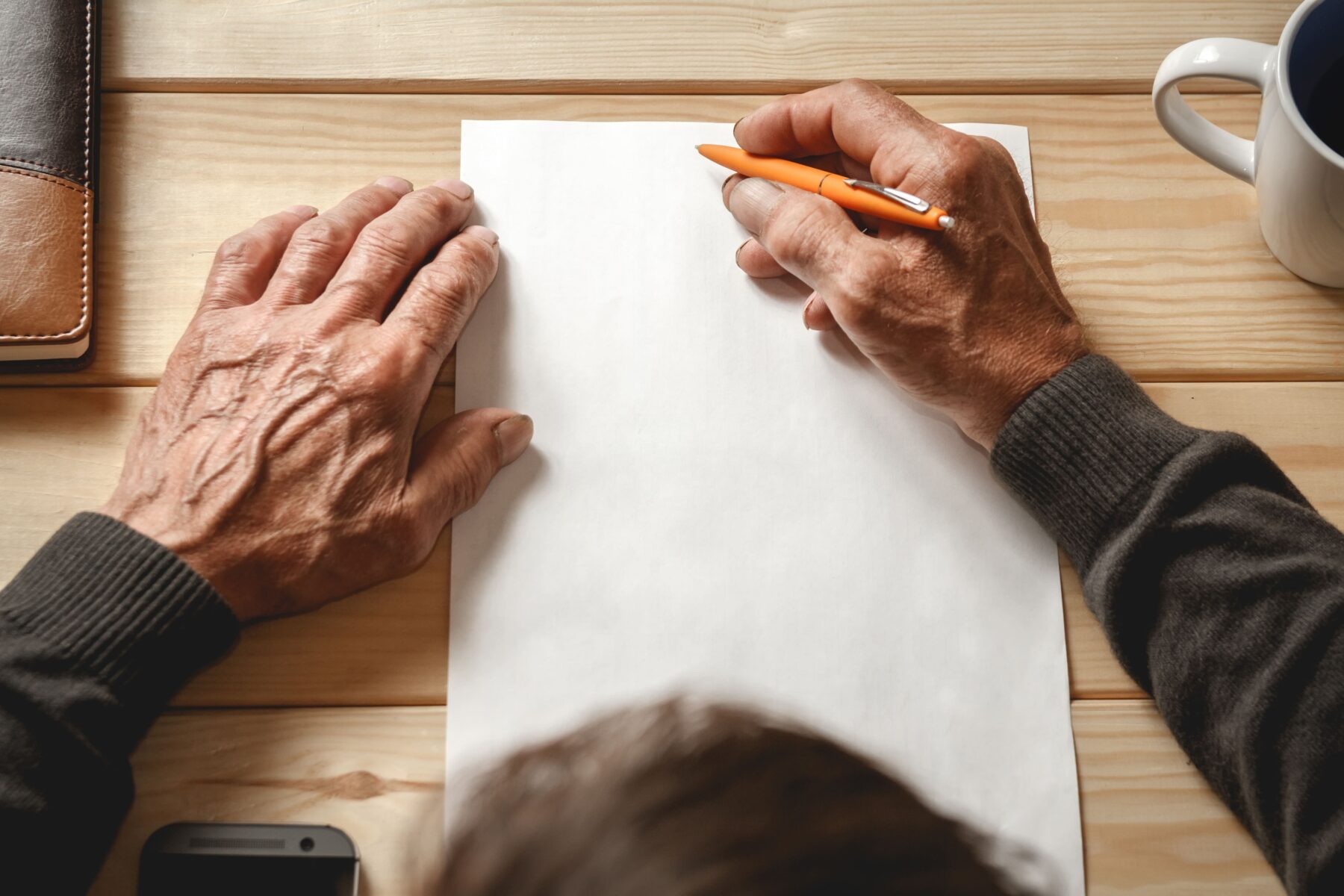Having a Will is the responsible thing to do to ensure that your loved ones are taken care of and that your estate is protected after you pass away. Many people try to save money by creating a DIY will, however, a DIY Will containing mistakes can cause complications and even render your Will invalid.
Potential Risks of a DIY Will
Here are some common mistakes made in DIY Wills:
- Not using the Executors or beneficiaries full names.
- Amending your Will after you have signed it. The Probate Registry will query any changes on the face of the Will which were made after the Will was signed. This will cause delay and may be costly.
- Not following the strict rules in place for witnesses. This will invalidate the Will.
When you use a template to create a DIY Will, you simply fill in blanks on a standard document. There is no one to guide you, let you know if there are mistakes and no one to accept responsibility should your Will be incorrectly written.
Without a valid Will, the intestacy rules set out who benefits from your estate. So while it may be tempting to save money and write your own Will, turning to a professional will be better for your loved ones in the long run.
What Are Rules of Intestacy?
If a person dies and there is no valid will in place, their estate gets distributed according to intestacy rules. A person who passes away without a Will is referred to as having died intestate.
Intestacy rules allocate your estate to members of your family in a specific order. They are as follows:
- If you are married or have a civil partner with no children, your spouse or civil partner will inherit your entire estate.
- If you are married or have a civil partner with children (biological or adopted), your spouse or civil partner and your children will each receive half of your estate.
- If you are unmarried with children (biological or adopted) or grandchildren, your children will receive the proceeds of your estate when they turn 18. If you have more than one child, they will receive an equal share. If a child is deceased, your grandchildren or great-grandchildren will inherit their parent’s share.
- If you are unmarried with no children, your estate will go to your parents, your siblings (if your parents are deceased), your grandparents (if you have no surviving parents or siblings), and then to aunts, uncles, or cousins.
- If you are unmarried and have no living family, your entire estate will go to the Crown.
You can see the importance of having a valid Will in place. If you do not, people that you don’t want to leave property to may receive it.
Benefits of a Solicitor Drafting Your Will
Drafting a Will can be a complicated process. Your Will must be worded correctly to communicate your wishes accurately.
An experienced solicitor will also know what questions to ask to ensure all property and interests that make up your estate are included in your Will. They can also advise you on more complex financial or family situations, as well as how to set up your Will to reduce the tax burden that will fall upon your beneficiaries when inheriting your assets.
Don’t Risk Your Family’s Future on a DIY Will, Call Elizabeth Middleton Solicitors.
Something as important as your Will shouldn’t be left to chance. That’s why you should leave creating a Will up to an experienced professional solicitor who can ensure that your will gets drafted in a legal manner so that your estate can be distributed how you intended.
Making a Will and updating it regularly is the best way to ensure your assets are distributed according to your wishes after you die. Elizabeth Middleton Solicitors can help you write a Will that will state your wishes and make sure that it protects your family from any unnecessary taxes and care fees. We can even review a DIY will to ensure its validity.
Contact us today to schedule a consultation.



